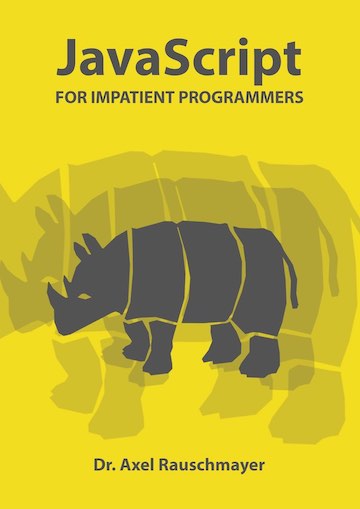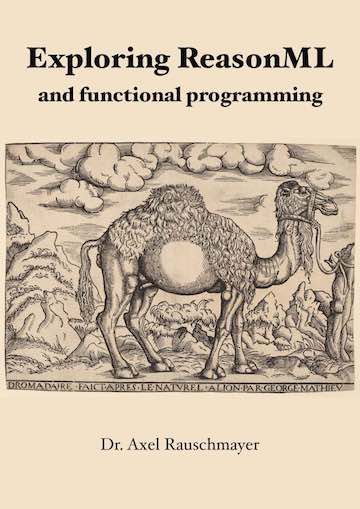Managing the flood of social content
We all know the problem: Social web applications such as Facebook and Twitter produce a lot of content. Now Google+ joins their ranks. The article “When Google Circles Collide” argues that, as a search company, Google should do a better job of filtering that content.
Quote:
The biggest unsolved problem in social networking remains unsolved with Google+: separating signal from noise. Twitter, it seems, doesn’t even want to try. The timeline is as dumb as it has been since the beginning, a reverse chron[ological] firehose of information. Facebook’s feed has improved over the years, but a friend in New Jersey trying to get rid of a bookshelf is just not relevant.For each piece of data you post online one would need two pieces of meta-data (data about that data) to restrict the target audience as much as possible:The lack of quality tools for generating signal out of these feeds is inhibiting the creation of content. People are multidimensional and manual segmentation at the person level isn’t enough. I create content about a lot of things, including social networking, mobile, daily deals, my travel, my reading and more. But as I was reading Onward, I shared less than I would have because I didn’t want to flood people’s streams. If I annoy people, they have a blunt tool to fix it: unsubscribe entirely. So I mitigate my posting.
One person I follow on Twitter actually tags most of his posts. I’m interested in his content on tech, business and aviation. But I couldn’t care less about his Chicago tweets. So far, I haven’t seen a tool that would learn that and automatically skip them.
Separating signal from noise and ranking disparate pieces of content is a problem that is squarely in Google’s wheelhouse. The only company I’ve seen that has done a good job at amplifying signal is Quora.
- Sender-side restriction: specify who is allowed to see it (everyone, only family, etc.).
- Receiver-side restriction: specify what the published data is about to enable receivers to filter out things that they are not interested in. This can be achieved via tags. For example, in Twitter, words that start with a hash are considered hashtags that describe the content of a tweet: #cooking, #javascript, etc.




